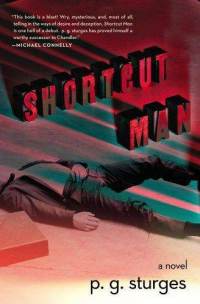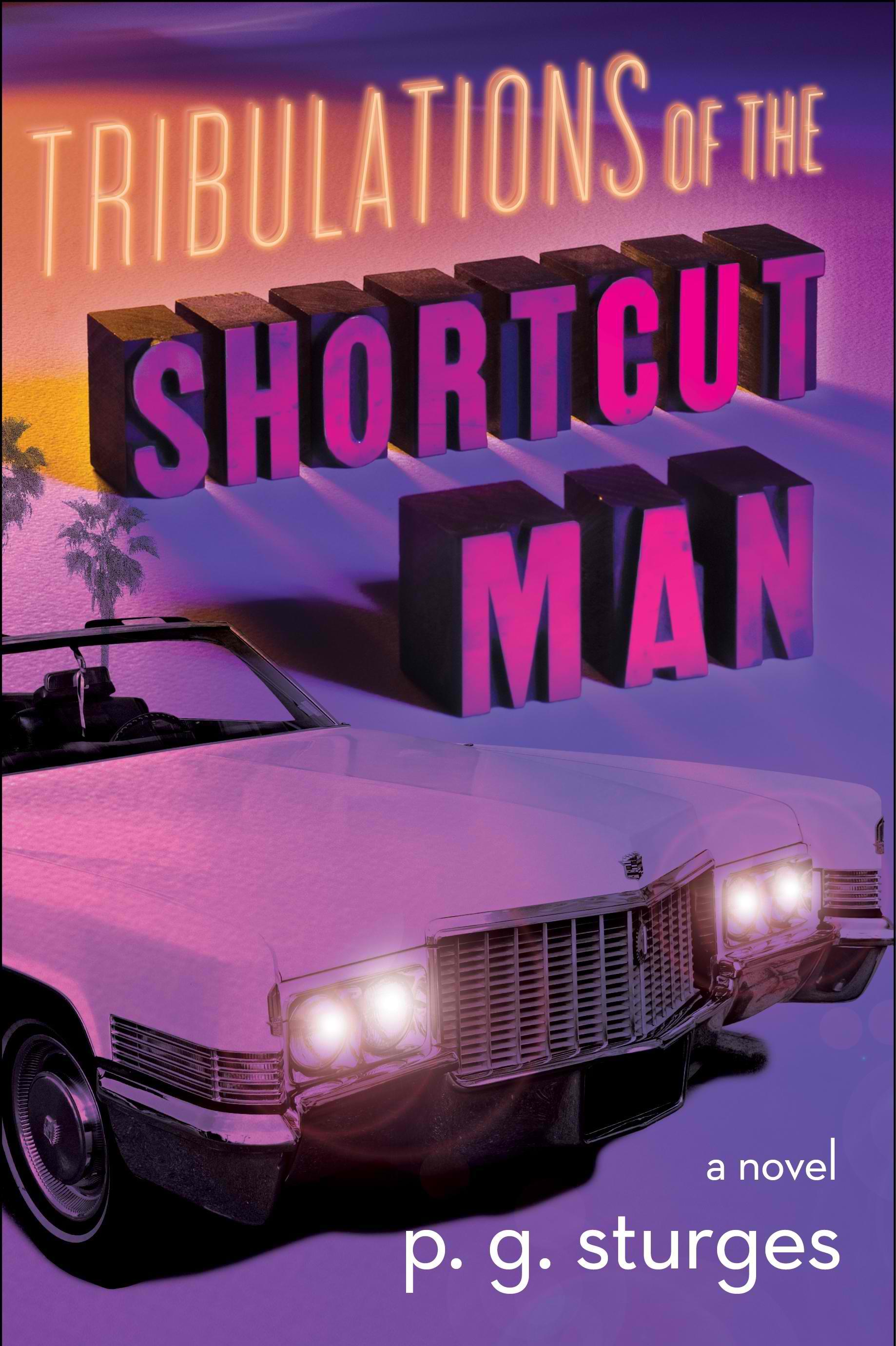
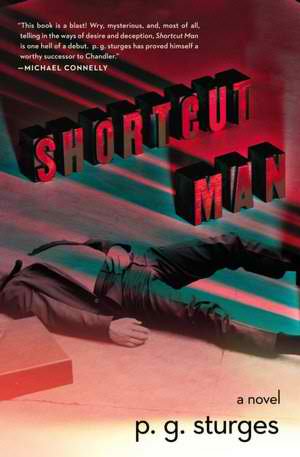 The late Leo McCarey is remembered by most film buffs today for his imitation Capra-corn, The Bells of St. Mary’s and Going My Way starring everyone’s favorite likeable cad, Bing Crosby as the sort of priest you’d find in a parish where the nuns looked like Ingrid Bergman. Turn back the clock a few more decades and McCarey was the finest comedy director in Hollywood capturing the very best performances from Laurel & Hardy, an aging Harold Lloyd, and the Marx Brothers in their prime (when Zeppo was still part of the act). McCarey patented the chain reaction gag which tasked the comedy filmmaker with finding a way to consistently “top the topper.”
The late Leo McCarey is remembered by most film buffs today for his imitation Capra-corn, The Bells of St. Mary’s and Going My Way starring everyone’s favorite likeable cad, Bing Crosby as the sort of priest you’d find in a parish where the nuns looked like Ingrid Bergman. Turn back the clock a few more decades and McCarey was the finest comedy director in Hollywood capturing the very best performances from Laurel & Hardy, an aging Harold Lloyd, and the Marx Brothers in their prime (when Zeppo was still part of the act). McCarey patented the chain reaction gag which tasked the comedy filmmaker with finding a way to consistently “top the topper.”
That was no mean feat. Once you get your biggest belly-laugh from the audience and then set out to find an even bigger laugh, you’re laying the groundwork for disappointment. Quite simply, no one can be that funny all the time. Yet McCarey managed it time and again and so did several other comedy directors who followed in his wake like Howard Hawks, a young Frank Capra (before sentimentality robbed him of his comic timing), Preston Sturges, and Billy Wilder. Very few others have managed to scale those same dizzying heights since Hollywood’s Golden Age and the lost art of the chain reaction gag is one of the measures by which one may easily separate modern and classic comedy. Comedy, in its purest form, allows us to break the pain barrier and laugh.
Such ruminations on the art of comedy are entirely appropriate when discussing P. G. Sturges, a new talent who arrived on the literary scene last year with The Shortcut Man. It was easily my favorite book of 2011. It had everything going for it: a hardboiled mystery mixed with high farce, a keen ear for dialogue, and an even sharper wit in laying bare personal and cultural failings in modern society. Any book that makes the reader think, consistently laugh, and still keeps them riveted to discover the next twist the story will take is exceptional.
…
Read More Read More
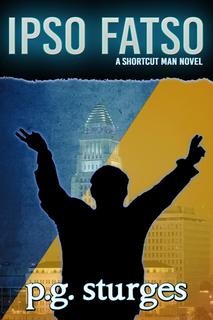
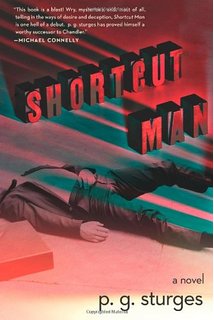 My favorite contemporary author, P. G. Sturges, is back with Ipso Fatso, the fourth novel in his Shortcut Man series.
My favorite contemporary author, P. G. Sturges, is back with Ipso Fatso, the fourth novel in his Shortcut Man series.


